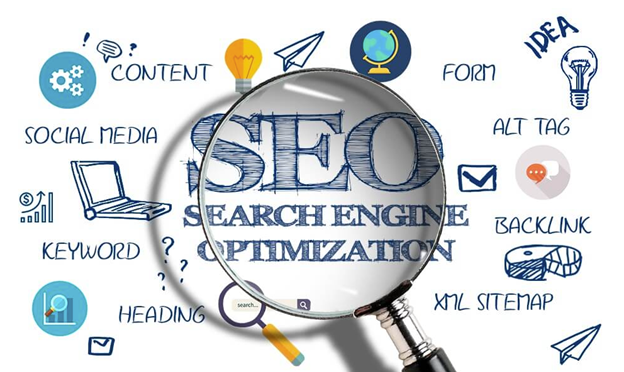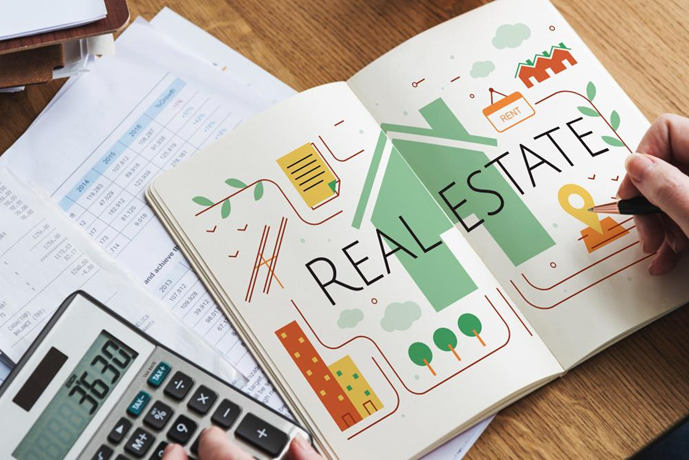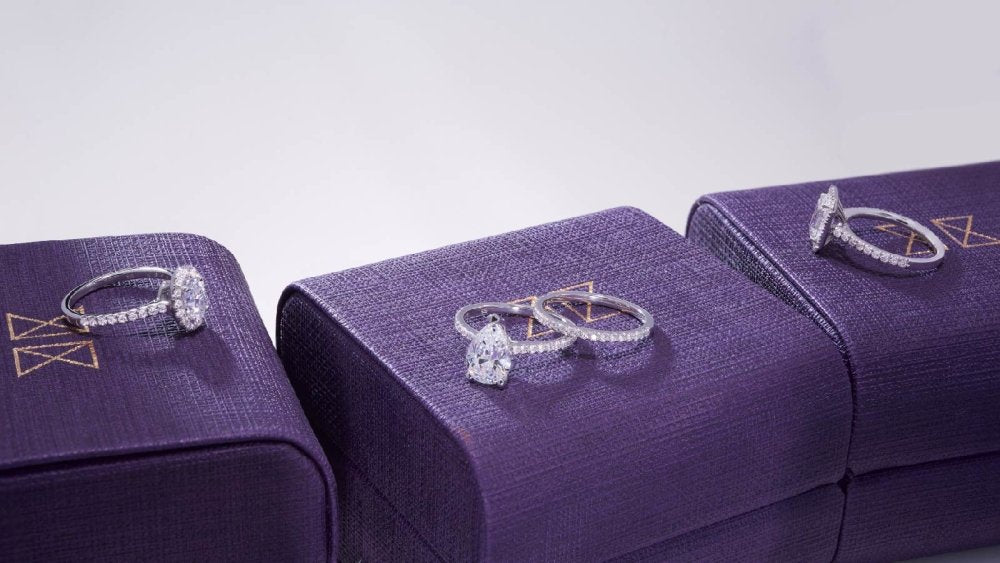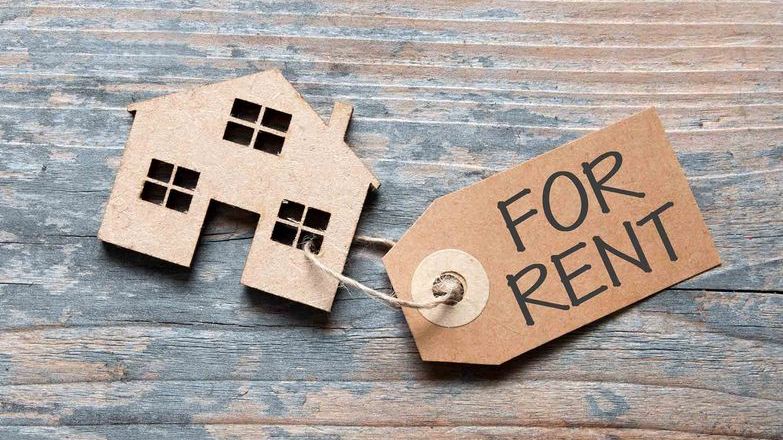There are literally a ton of things that we need but can’t afford to buy at once, and we require that extra money to fund them. Sometimes we even need cash for necessities such as daily expenses or essential purchases, and we could always opt to borrow money.
There are varied situations for how much money you need, how quickly you need it, and how long you will take to pay it back. The following are situations where you might need to borrow money and the different types of loans available.
Table of Contents
Purchase of Expensive Assets
We’re talking about expensive but necessary assets here. Examples are vehicles, houses, or maybe a business.
Depending on what you wish to purchase, specific loans may help you with that, such as a mortgage for housing or auto loans for vehicles. But if you want to buy other assets, a personal loan will do perfectly for you.
Personal Loans
A personal loan is ideal as it can lend you enough money for any purchase. It helps you borrow a substantial amount of money to pay back smaller amounts per month, plus interest. The appeal of personal loans is that you can use them for anything. They are flexible enough to suit any of your financial aims.
If you want to get a personal loan, you need to ensure you’re qualified and fulfill the requirements. One thing that determines your loan setup is your credit score, which indicates all your previous debts and payment history. The higher the score, the better your loan, including lower interest rates.
Purchase or Payment of Less Expensive Assets/Expenses
What if you want to purchase a less expensive asset? Or something you need to pay off immediately, but you’re still short on money?
Typically, you could save part of your income to do so, although that may not always be the choice. Short-term loans can be a great option in this case. These are the loans that you need to pay off in only a few months, not exceeding a year, unlike personal loans or auto loans that reach up to several years. A few examples of such loans are:
Cash Advance
It’s a popular type of short-term borrowing. You can get a cash advance from your bank or a non-banking lender, typically involving a credit card. A credit check isn’t required, so people with bad credit can still take these loans.
An appealing aspect of cash advance is that the process is pretty fast. You can quickly get approved, as a cash advance usually requires only three things: the borrower should be of legal age, has proof of income, and has an active checking account. The payback can be as early as two weeks.
The following are some forms of a cash advance you might want to consider:
Credit Card Cash Advance
As the term suggests, this cash advance is taken using a credit card. Credit card owners borrow the money from their available line of credit – the limit of how much money a user can spend – on their card. You can make a credit card cash advance by going to your ATM and using a credit card to withdraw money.
However, you must note that while this can be convenient and easy, it can be expensive. It has a fee to be paid upfront. Additionally, there’s a high-interest rate for a line of credit, and it accumulates the longer you hold it. So if you want to get a credit card cash advance, it’d be a good idea to pay it off as soon as possible.
Direct Deposit Loans
A direct deposit loan is a cash advance where you’re lent a certain amount of money based on your income. A specific trait of a direct deposit loan is that you will immediately receive the borrowed amount directly in your bank account. You can apply for this loan from various online lending sites.
Like other cash advances, direct deposit loans are short-term but high priced. The interest rate is also high, and you need to pay it off quickly.
Payment of Debts
Even though it may sound odd, you can use loans to pay off your other debts. It helps handle several unpaid debts from different lenders or even unpaid bills. It’s hard to manage several debts at a time, so people try to consolidate them into one.
One option is to take a personal loan and close different small accounts. But, if you have several unpaid debts, lenders might see trouble with your credit history.
Alternatively, you can get a loan that helps with this specific problem – debt consolidation.
Debt Consolidation
Debt consolidation is a type of loan where your loans are turned over into a single loan, effectively clearing off your other debts and obliging you to pay only one. This option can help improve your credit score.
Like traditional loans, debt consolidation will require a credit check. However, there are ways to get one even with bad credit, such as getting a secured loan, where you use any of your property as collateral.
To Sum it Up
Borrowing money seems like a risky thing to do. It can get you in debt, but that doesn’t necessarily mean it traps you in one. Rather than seeing it as a risk, think of it as another means to fund whatever you need or want in your everyday life. You only need to think smart to choose a suitable one from several online loan options available on the market.















